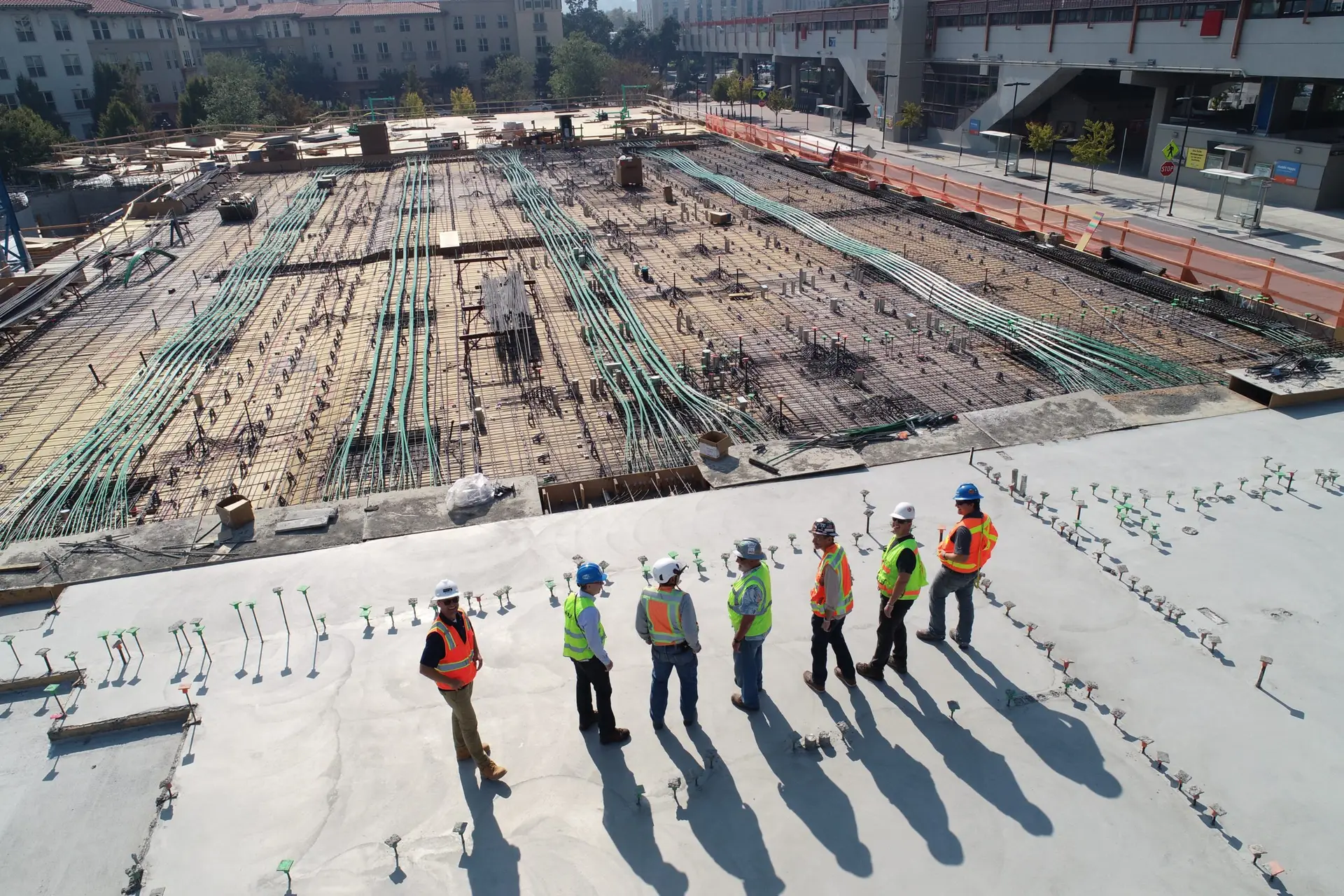Are you considering a career in civil engineering? If you are looking for something that is a long-term career, requires a very specific skillset, and is future-proof, then civil engineering could be the right job for you!
Civil Engineering
This arm of engineering focuses on the maintenance, construction, and design of different types of public works, such as transportation systems, government buildings, water systems, and public facilities like train stations and airports. Most civil engineers are employees of municipalities, federal governments, or private firms that are contracted to design structures and construct public works.
This field of engineering grows and develops just as society does. New technologies, techniques, and pathways are constantly being developed to further the field. It is no easy job to attain, but it’s one that offers you a way to shape the world around you.
Steps to Take
Civil engineers are well versed in math and science. They must have a sufficient understanding of all aspects of a build, from electrical to structural. The best civil engineers have an eye for design and detail. If these things are something that you would be interested in, the first step to take is to get a bachelor’s degree in civil engineering or civil engineering technology. After you receive your degree, there will be several exams to take and licenses that you will have to earn.
Specializing
As you earn your degree, you also want to consider the area in which you would want to specialize. The earlier you figure this out, the more you can design your degree program to benefit you most in those specific areas. If you are not sure what you would like to specialize in, take a variety of classes to learn which one sparks your interest the most.
Competition
Civil engineering is a competitive field. You want to be sure that you stand out from all of the others pursuing this career. One of the best ways to do this is to gain experience through observation or interning. While classes can teach you many things, they won’t replace the hands-on experience of learning on the job.
These are a few steps that you can take to begin your career in engineering. If you have any questions, our staff would be glad to talk to you. Or, if you’re in need of professional civil engineers – you’ve come to the right place! Let’s get started!



